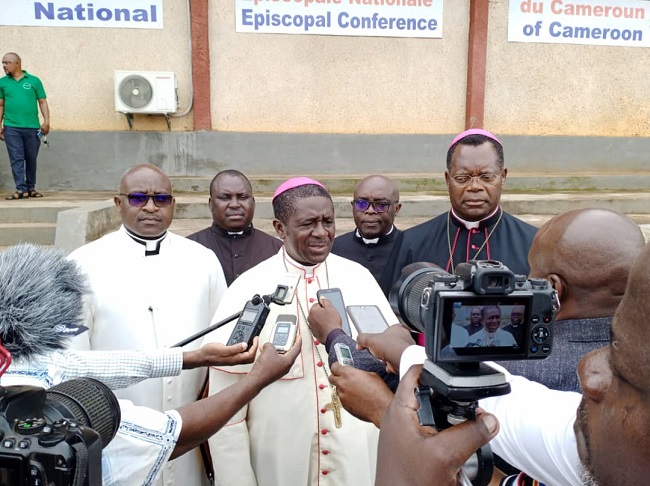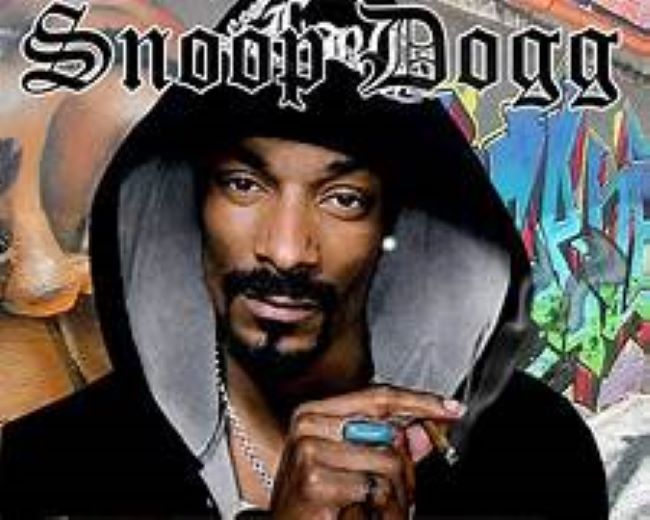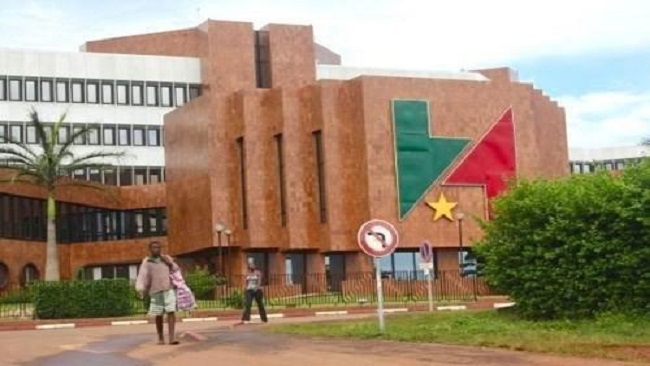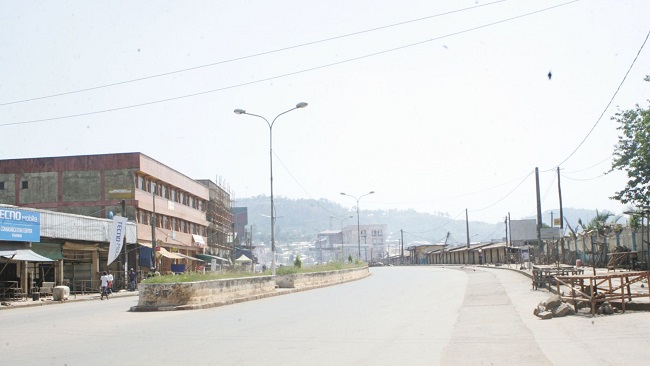23, July 2024
“It is becoming increasingly difficult to speak freely in Cameroon” 0
In a decree issued on July 16, Emmanuel Mariel Djikdent, the head of the Mfoundi division, where the capital Yaoundé is situated, stated that “anyone who dangerously insults the [state] institutions or the person who embodies them,” could be banned from staying in the division. Djikdent issued this decree to “preserve public order.”
Two days later, René Emmanuel Sadi, the communication minister, issued a press release stating that “it is unacceptable for compatriots […] to use irreverent language” about the president Paul Biya “who was freely and overwhelmingly elected by his fellow citizens.”
The decree has rightly worried media professionals and opposition party leaders who have criticized it as a backwards step for the right to freedom of expression. These announcements are the latest in a series of troubling government decisions that appear to be aimed at stifling opposition and dissent ahead of the presidential elections in 2025.
In March, the territorial administration minister, Paul Atanga Nji, banned two opposition coalitions describing them as “clandestine movements.” In June, gendarmes in N’Gaoundéré, Adamawa region, arbitrarily rearrested Aboubacar Siddiki, known as Babadjo, a prominent artist and member of the National Union for Democracy and Progress (Union nationale pour la démocratie et le progrès), moments after he was released from prison following a three-month sentence for insulting a governor. In July, Cameroon’s national assembly passed a law extending its members’ term in office until March 2026, and postponing parliamentary elections scheduled for February 2025; a move opposition parties argue will make it harder for them to succeed in the presidential elections, which are still scheduled to take place in 2025. The incumbent president, Paul Biya, 91, is serving his seventh term, having come to power in 1982. He was last reelected in 2018 after a contested vote that sparked a wave of political repression.
Under international human rights law, the right to free speech may be restricted only on limited grounds, such as national security or to protect the rights of others, and even then, restrictions must be necessary, proportionate, and not discriminate. The divisional decree includes provisions that don’t meet this threshold and could be used to target critics discriminately and violate rights. As elections approach, authorities should fully respect the freedom of expression of all Cameroonians and revoke this decree.
Source: Human Rights Watch



























23, July 2024
Yaoundé: Biya and Niat taken to Europe in bundles 0
President Paul Biya, was scheduled to leave Yaoundé, the nation’s capital, yesterday in what was dubbed as a private visit to an unknown destination in Europe.
Sources at the Unity Palace in Yaoundé have hinted the Cameroon Concord News Group that Mr. Biya, 91, who is going through tough health challenges, was being rushed to his usual destination for health reasons.
“The head of state is in agony. His usual demons have reared their ugly heads and he is in very bad shape. His wife who moonlights as a care giver is already sick and tired of cleaning him up as even the thickest diapers are not a match for Mr. Biya’s incontinence,” our source at the Unity Palace said.
“Mr. Biya is heading to Switzerland where he hopes to find some relief. His body is failing him. He rarely talks these days and his heart and other organs have joined the fight to bring down the long-serving, incompetent and low-energy leader,” our source, which elected anonymity, said.
“Despite his failing health, Mr. Biya is still holding on to power and it is being rumored that the dying Biya is still insisting that he will be his party’s flagbearer in next year’s election. Why can Mr. Biya not learn from Joe Biden who has thrown in the towel because of age and poor health?” Our source quipped.
Meanwhile, the country’s Senate President, Marcel Niat Njifenji, was also rushed to France in a small bundle for emergency health care.
The 90-year-old is in a critical and unstable situation. He was rushed to France in an air ambulance and many of his collaborators thought he might not make it to France as his health had deteriorated very fast.
A source close to Mr. Niat said he might not return to Cameroon in front of the plane. “He might end up in the cargo section of the plane as his health is very concerning,” our source said.
Over the last couple of years, Mr. Niat has been a colony of diseases but he cannot quit his position because he wants to continue having free health care and other perks which come with his position as Senate President.
More will be yours as our correspondents in Europe provide us details about the two Cameroon strong men.
By Soter Tarh Agbaw-Ebai